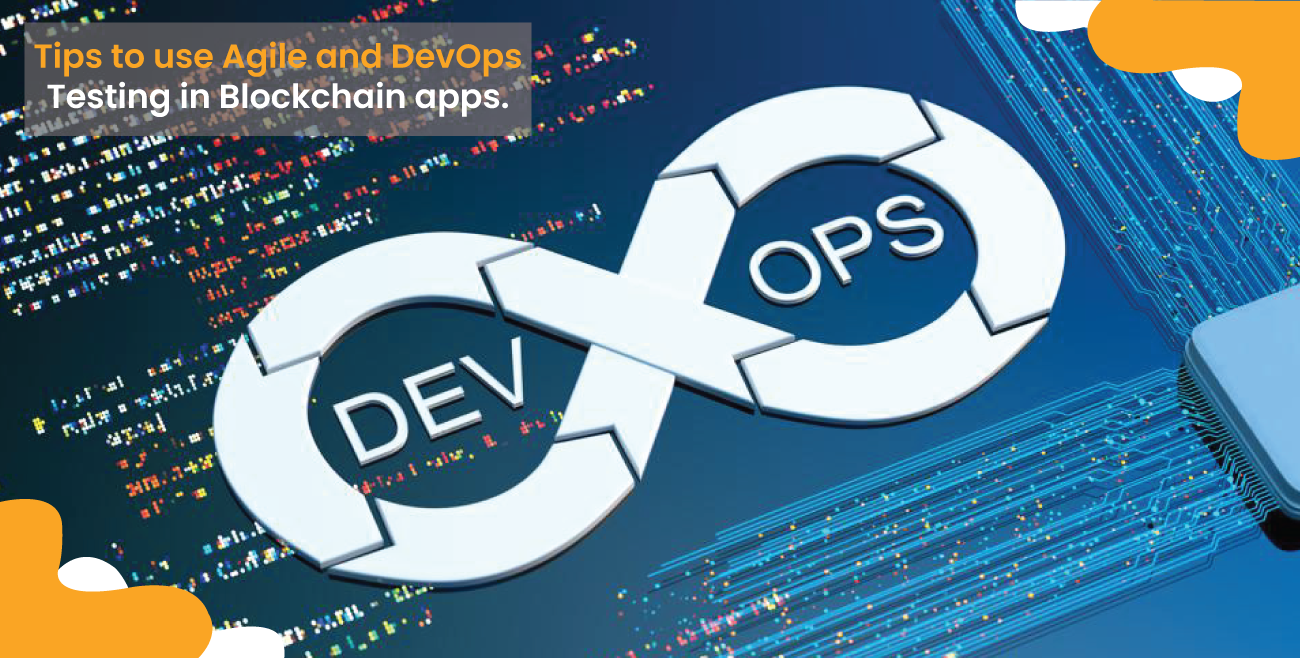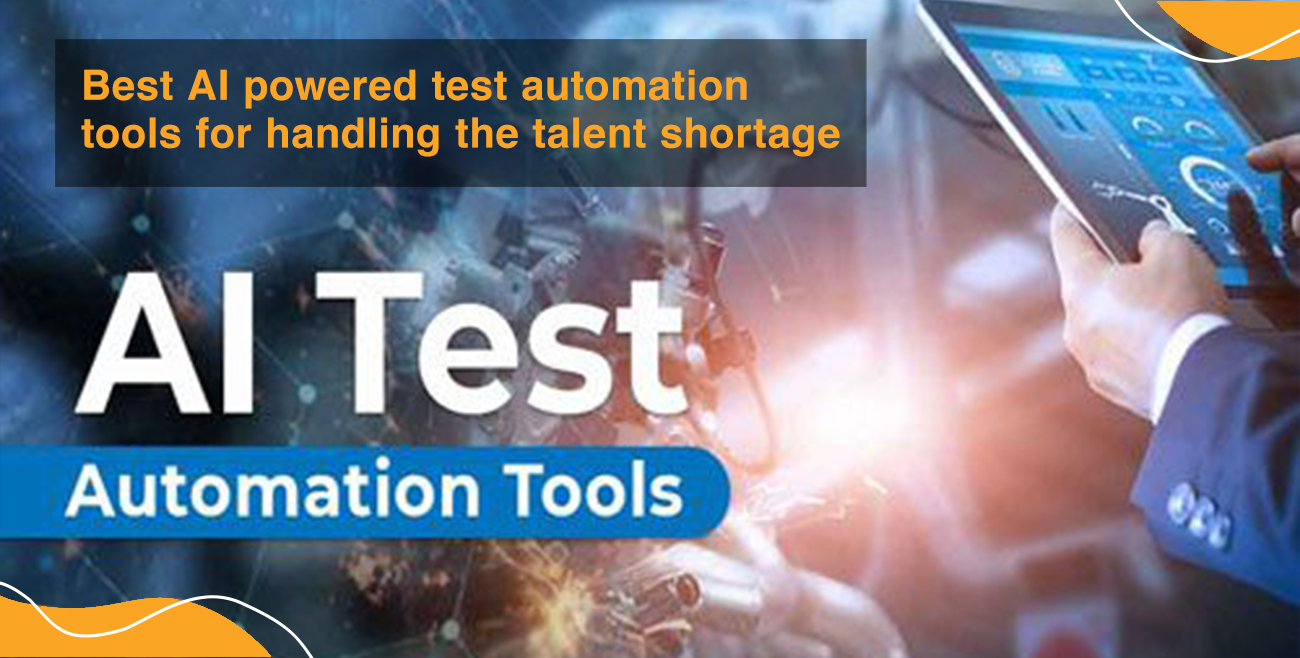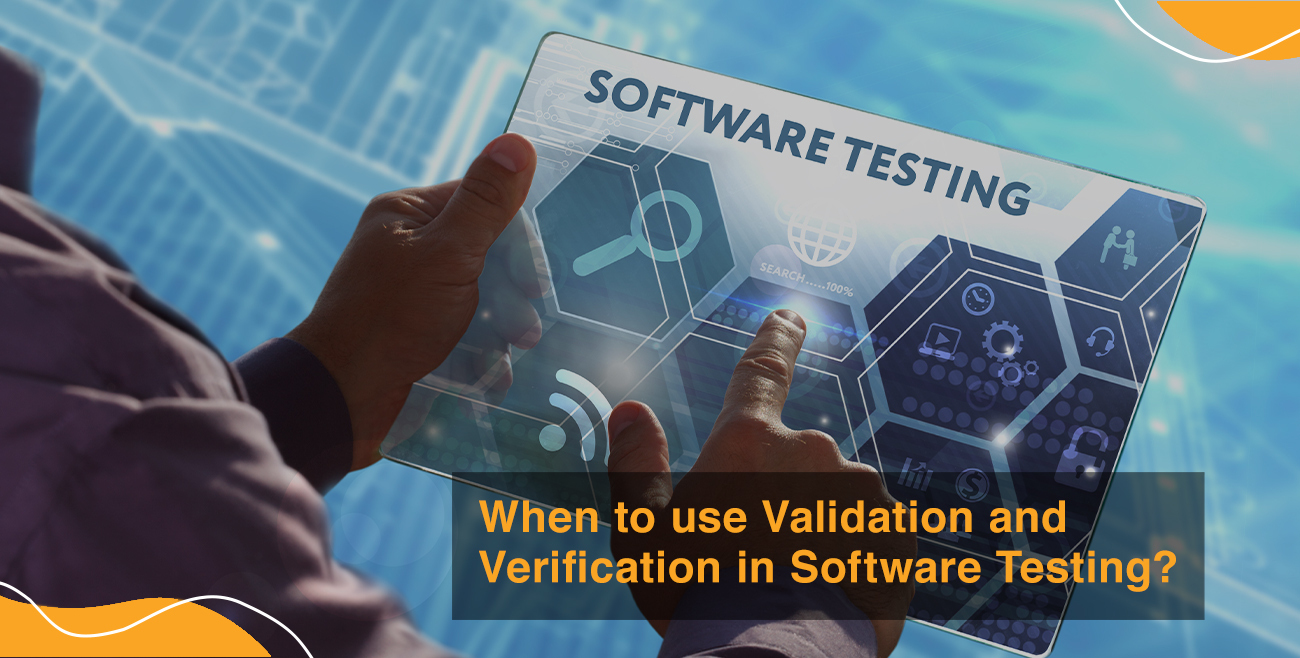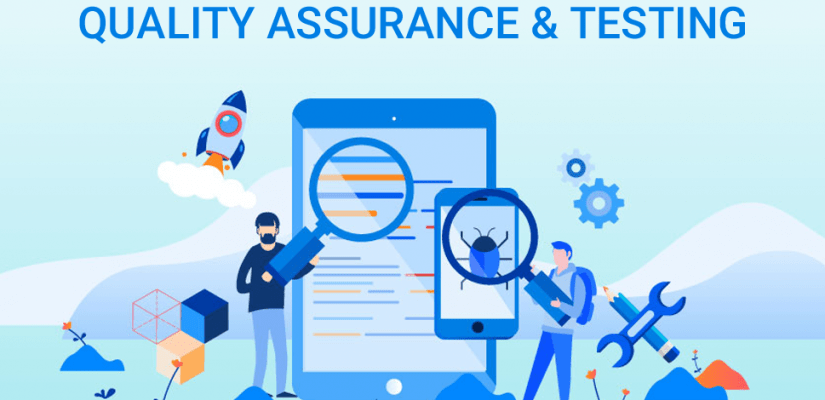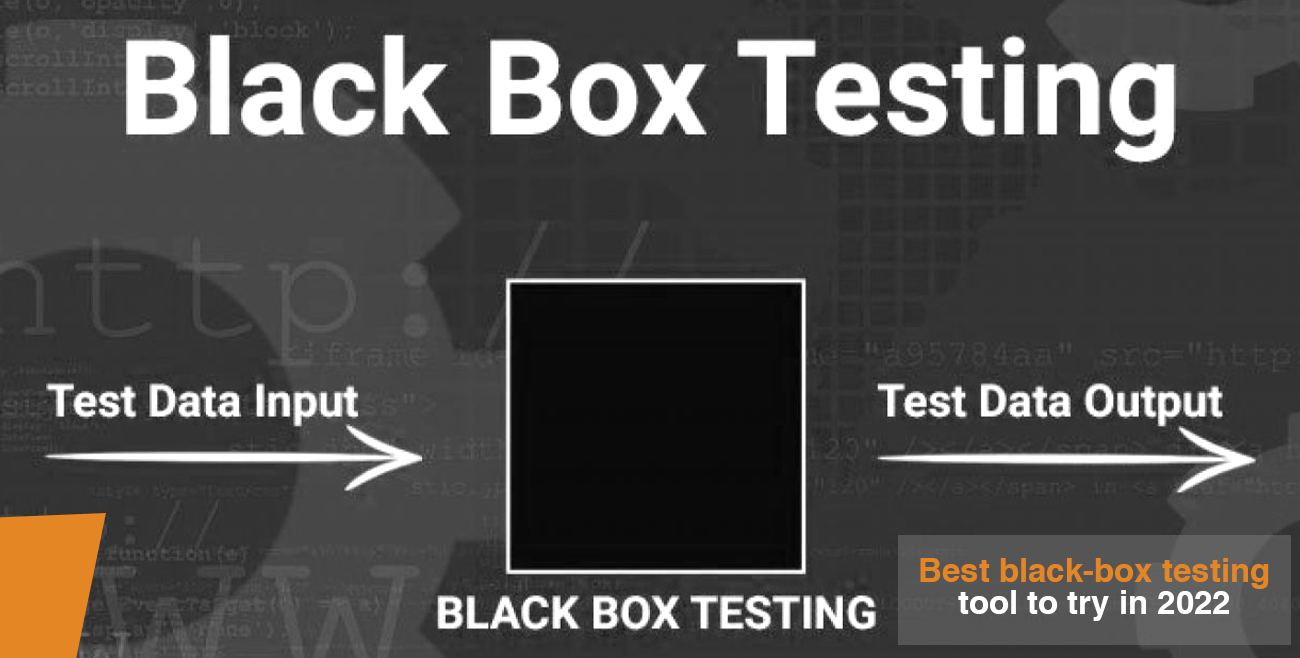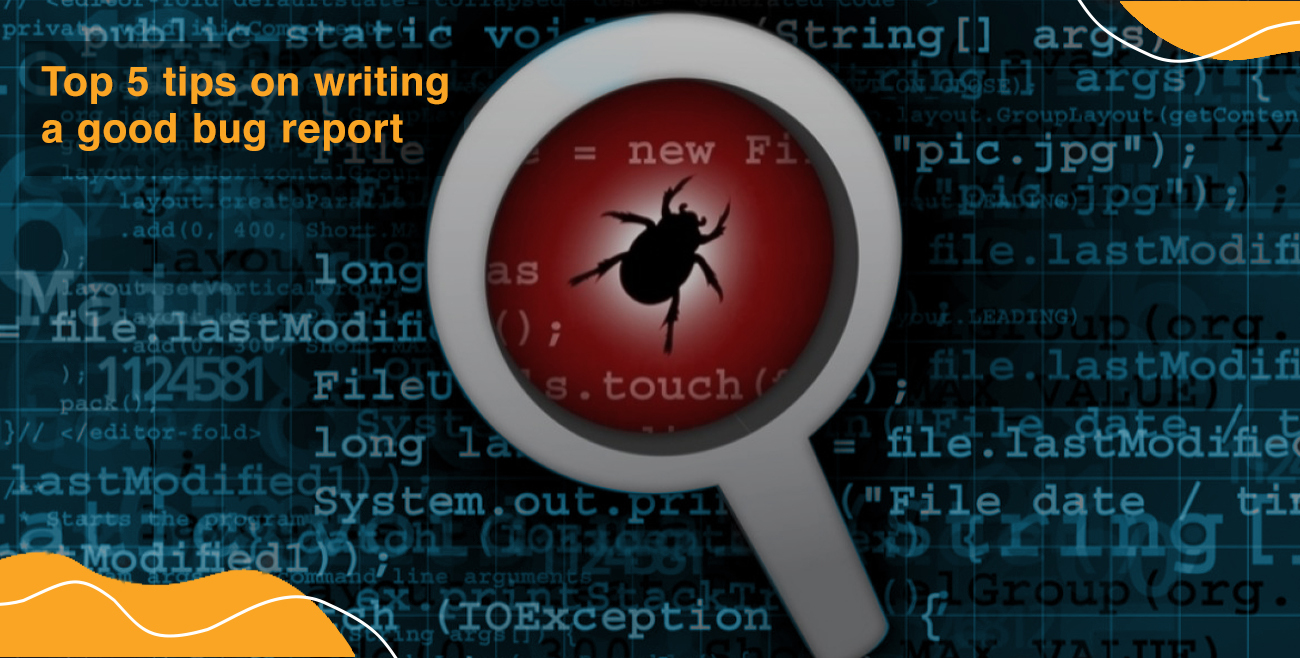Don’t forget to remember the complicated problems during fast deployment and integrations in a real-time environment. The QA team would know about the procedure for checking and debugging the blockchain applications using Agile & DevOps Testing.
The process also requires some specialized testing methods like:
Smart Contract Testing
The smart contract is the simplest form of decentralized automation and does away with the need for reliable 3rd parties. In its most raw form, intelligent contract testing is a computer program that implements transactions during well-explained or pre-coded situations. It makes sure that the business motives are appropriately fulfilled. This code or program runs at the height of a blockchain consisting of pre-explained rules agreed to by the parties in the contract.
Some smart contracts are becoming popular these days because of their habit of deployment in digital recognition & records management. You can think of it as the methodology in which technology organizations manage maximum personal data based on their variation of our data. Smart contracts don’t match the APIs; hence they cannot call external web APIs.
This can also end up in privacy dangers and security tensions. What will be the trouble if all these small details are collected together and owned by the person deciding what, how and whom this information will be shared with and can also make processing the info a part of it? This method is nowadays known as the Internet of value.
It has copies of our personal information. This can end up in privacy risks and security issues. What will happen if all these minute details are put together and taken ownership by people who end up deciding what, why and whom? This information can easily be shared with many. It might include charges. The procedure is also known as the Internet of value. Testing the source code, algorithm, and the associated business logic has become more essential whenever such intelligent contracts are implemented. Solidity by Ethereum is a superb programming language influenced by JavaScript. It is popularly used to write smart contracts. This is just one more famous customized platform available in the Open chain. If done correctly, superb testing can save money and effort. Contract updates or rolling back any update is impossible in the case of smart contracts because of the linked complexity and massive development that happens when such updates are performed.
Node/ Peer Testing:
Our qa testing services also include node/ peer testing. A node is a device on the blockchain network that has the power to perform multiple tasks like receive, send, build or keep data along various distributed network pathways. When many nodes interact together, they are known as “peers.” Nodes communicate to the network and get lots of detail related to the network with help from their peers. Peer/Node testing is vital in ensuring network integrity and shared ledgers. Testing is performed to get an agreement across various nodes on the transaction order. The shared ledger must remain the same at each node when you confirm the sequence and consistency of transactions. Testers ensure that the consensus rules are well tested to ensure that the consensus protocols are proper, and the testers confirm transaction sequencing. Testing is also performed for the nodes that might fail after a while because of potential network problems, because of nodes not being successful, or because of nodes not actively participating in the network for different reasons. This testing helps establish the synchronization among the network & other validating peers.
Check out this Regression Testing in Agile: Concepts, Challenges, and Strategies blog to know more about agile methodology.
The Best Practices in Agile/DevOps Testing
Agile is a project management method used for Software Development in which the solutions and requirements grow through collaboration amongst self-organizing cross-functional teams. It’s an iterative approach to software delivery that constructs software quite incrementally from the beginning of the project. The capacity to adjust to the changes is quicker than how the changes take place. A significant similarity is that Agile functions by breaking down the tasks into a few bits of user functionality known as user stories, making them a priority, and then consistently delivering them in mini-cycles known as iterations. This will be something you’ll be able to correlate with the blocks being constructed and tested in the blockchain.
Also, in the case of the Agile Manifesto.
- Individuals and their communications over the procedures and the tools used.
- Functioning Software rather than comprehensive documentation.
- Reaction to some new change instead of sticking to a fixed plan.
- Collaboration amongst the customers rather than contract negotiation can be related to the working of blockchain in transparency, efficient and safe, intelligent contracts, and decentralized systems.
The main aim of the DevOps methodologies is to simplify the delivery procedure and consistent deployment by streamlining the relationship between the apps- like development & testing as well as the operation team- just like the node which performs lots of tasks with the distributed network routes. Another significant DevOps component is consistent testing, a procedure for implementing automated tests. This is for being a part of the software delivery pipeline to get quick feedback on the prospective business dangers related to a Software release candidate. Blockchain along the same lines requires an actual time validation as almost everyone in the chain can view the related details of a block in real-time.
The best practices from Agile, like frequent iterations or testing, and the best practices from DevOps, like consistent integration testing, can significantly affect how blockchain apps get deployed and checked. A proven central approach that has been adopted is Shift Left Testing. By shifting this to the left side of the life cycle, the initial tests can be of great value, with you being able to reuse them consistently. This complete approach helps unleash loopholes at an initial stage in the lifecycle and prevent production surprises.
Blockchain is growing at a fast speed and brings about innumerable challenges. Blockchain Testing thus becomes essential in the adoption process and success of blockchain in the industry.
Also, check out this blog on Agile Software Testing; Its Advantages and Planning published on our website.
Final Thoughts
Now you know some tips for using Agile and DevOps testing in Blockchain apps. To achieve success in the case of actual implementation and integration of Agile or DevOps with Blockchain- three main things must be taken into consideration- the culture, the procedure, and the equipment.
At HikeQa, we synchronize with the main areas that would help you with the testing of Blockchain apps well and also deliver positive results. Check out our qa testing services and seek proper help at the right time.
